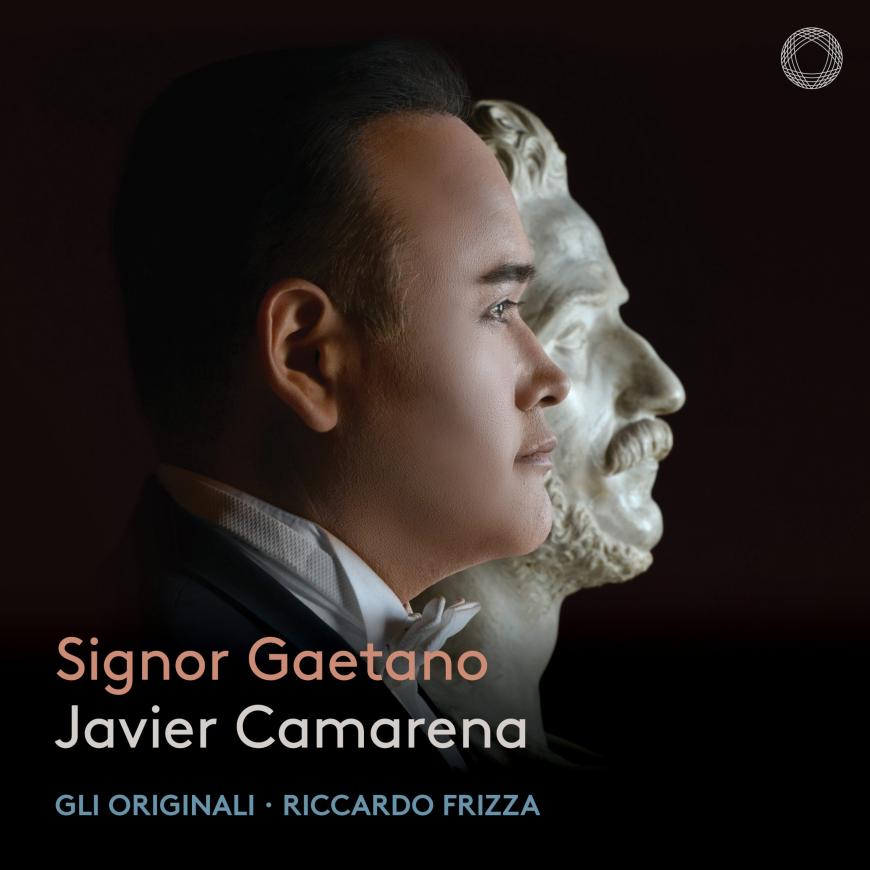
Tenor Javier Camarena, 46, the Metropolitan Opera’s current and most deserved darling in bel canto repertoire, recently recorded his second recital of arias. Entitled Signor Gaetano and superbly recorded by Pentatone, Camerena’s “it’s about time” all-Donizetti program mixes a few well-known arias from L’elisir d’amore, Don Pasquale, and Roberto Devereux with far rarer fare from six seldom-produced operas.

If you’re like me, you’ll immediately head to the arias that you’ve heard multiple times. Both Juan Diego Flórez and Camarena have recorded “Una furtiva lagrima” (A furtive tear) from L’elisir d’amore, with Camarena’s recording only four seconds longer than his Met predecessor’s. But the differences start immediately, with the slightly lower-pitched period instruments of conductor Riccardo Frizza’s Gli Originali orchestra providing warmer support for Camarena.
Both men have beautiful voices. But where Flórez produces the more vulnerable sound, Camarena provides the more emotionally attuned performance. His emphases are subtle, but the variety and freedom are there. When all is said and done, Flórez is far freer in live performance, as was Camarena a decade ago. But if you were allowed to take only one version of this aria to that proverbial desert island, would you bid farewell to the irresistible mixture of bel canto shading and Italian romance in Tito Schipa’s 1929 audio recording or his contemporaneous film performance?
Regardless, Camarena is a marvel on his own terms. First, there’s the sheer muscularity and dynamism of his performances. Many of Signor Gaetano’s selections, especially those that take up multiple tracks, follow the familiar pattern of recitative, cantabile, and cabaletta. But before you yawn at arias that may not inspire you to whistle along, Camarena takes your breath away with a flurry of high Cs and, in “Io ti veggio … Quest’è l’ora” (I see you … This is the hour) from Marino Faliero (1835), two high E-flats. None of these notes sound as if Camarena’s underwear is too tight; instead, they are strong and full-blooded.
Ultimately, Camarena sings in ways few of his contemporaries would dare. At the end of “Bagnato il sen di lagrime” (My breast bathed in tears) from Roberto Devereux, he interpolates a full-voiced C-sharp followed by a B. The transition between them and the final note are not the epitome of elegance, but it’s far more exciting than many renditions that dispense with those highs.
As a stage personality, Camarena is adorable in comedy. He’s also a superb technician, capable of a flawless diminuendo on a high B. When the music gives him a chance, his singing can be quite touching. Signor Gaetano deserves a place on any opera lover’s playlist.




